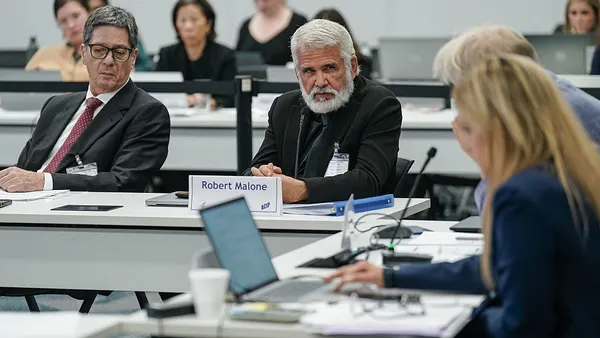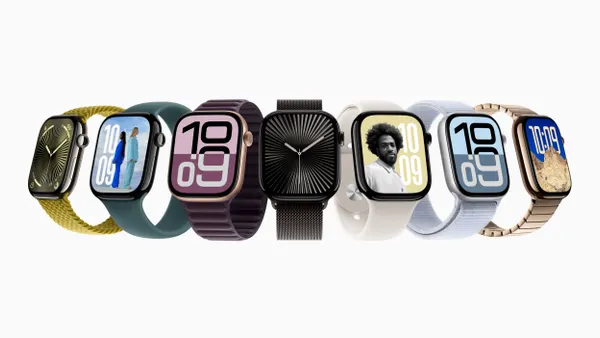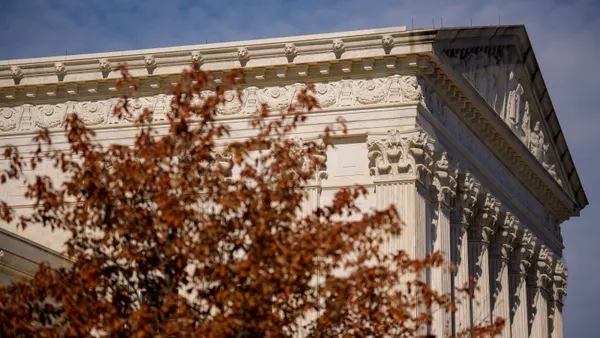Dive Brief:
- Philips completed a test and research program for its recalled DreamStation CPAP machines, finding that exposure to degraded foam used to soundproof the machines is unlikely to harm patients’ health.
- The first generation CPAP machines account for about 68% of the 5.2 million devices in the recall, which started in June 2021. Philips is still running tests on the other recalled machines, including its SystemOne and DreamStation Go CPAP machines, and its Trilogy and OmniLab Advanced Plus ventilators.
- Attorneys representing patients affected by the recall questioned the results, calling it a “PR spin masquerading as research.”
Dive Insight:
Philips’ recall of its sleep apnea and ventilator devices started with concerns that the PE-PUR foam used to soundproof the machines could break down, posing the risk that patients could inhale the foam particles, causing nausea, headache, inflammation, and “possible toxic and carcinogenic effects.”
Now, Philips claims the devices are “unlikely to result in appreciable harm to patients’ health,” after completing a test and research program on its first-generation DreamStation CPAP machines.
As of October, the U.S. Food and Drug Administration has received 90,000 medical device reports “reportedly associated” with the foam problems with the devices including 260 deaths. When asked about the reports, Philips’ chief medical officer, Jan Kimpen, said at a media briefing, “So far, we could not connect any of the complaints to the use of these devices.”
In results shared on Wednesday, the company said that exposure to volatile organic compounds emitted from the devices is not expected to result in long-term health consequences for patients, and that the prevalence of visible foam degradation was low when devices were not exposed to ozone cleaning, at 164 of 36,000 devices tested. The testing was performed with five independent laboratories, and the results were reviewed by the company, third-party experts and an external medical panel, Philips said.
Kimpen said that the company regrets the “concern and anxiety” the recall caused patients, adding, “we hope the results we provide today will fill them with confidence.”
Philips’ recommendations for physicians and patients remain unchanged, and the company said it plans to continue with its remediation program to repair or replace affected devices. The company said it will have finished production for 90% of replacement devices by the end of the year.
A group of attorneys representing patients suing Philips over the recall questioned the validity of the results in a joint statement.
“Despite their previous acknowledgments to the FDA of how detrimental the foam degradation is, Philips continues to desperately try to downplay the issue and the health risks consumers face as a result,” they wrote in an emailed statement. “The FDA has criticized prior studies completed by Philips as ‘not adequately performed to identify or detect quality problems’; this new data suffers from the same flaws and bias.”
The attorneys added that the FDA previously rejected the claim that ozone cleaners are responsible for the foam degradation issues in an official notice to Philips. The attorneys are co-lead counsel for plaintiffs in the Philips Recalled CPAP, Bi-Level PAP, and Mechanical Ventilator Products Liability Litigation.
The company is also in consent decree talks with the U.S. Department of Justice over its handling of the recall.













